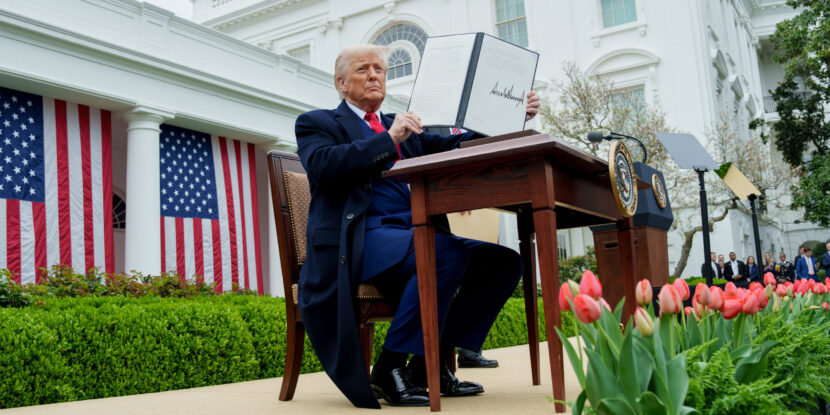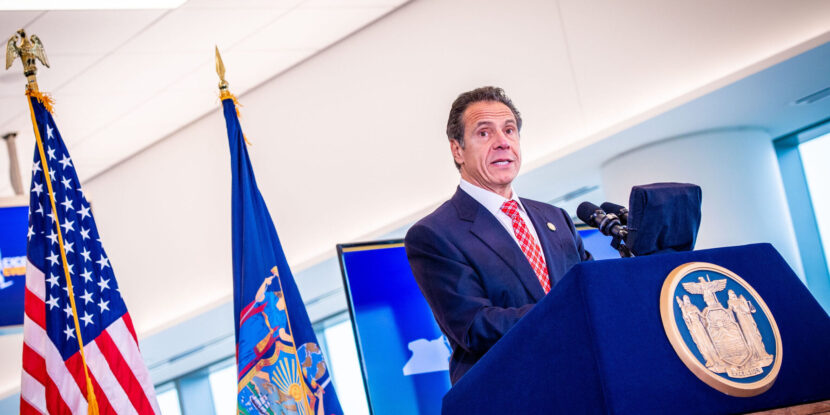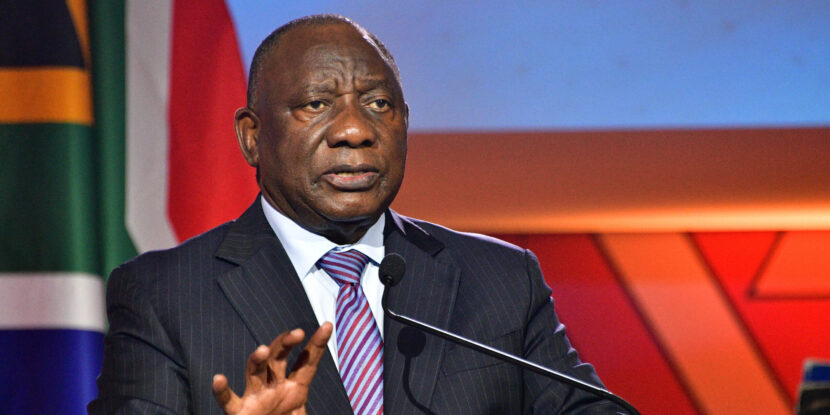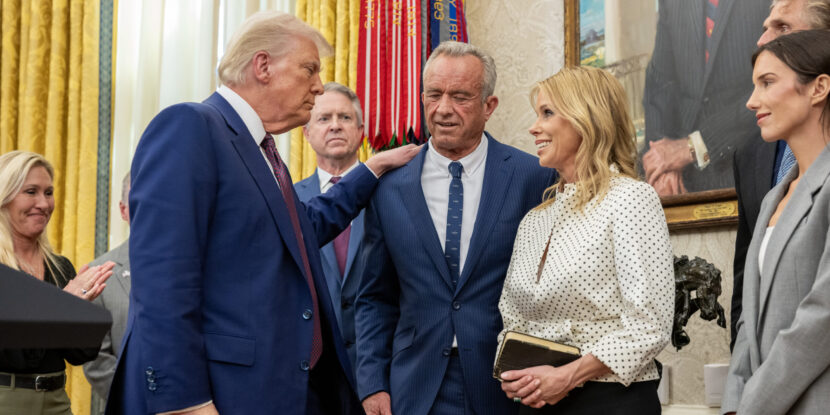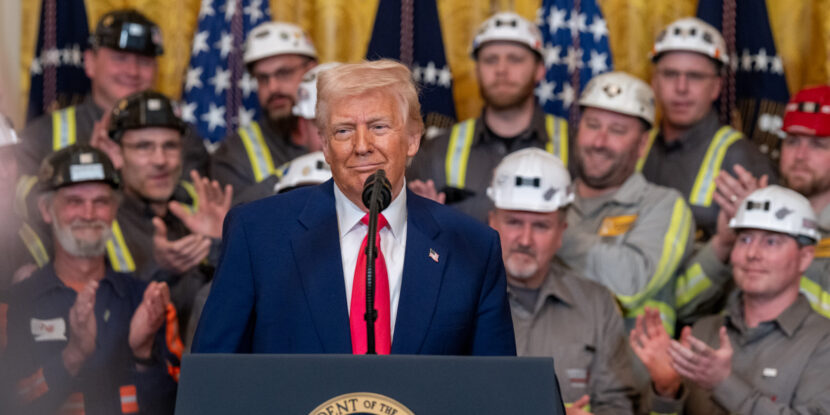PULSE POINTS:
❓What Happened: President Donald J. Trump declared a national emergency to impose tariffs on numerous countries in April, sparking lawsuits challenging his executive authority.
👥 Who’s Involved: President Trump, five businesses, the Liberty Justice Center, a dozen states.
📍 Where & When: U.S. Court of International Trade, New York, May 13.
💬 Key Quote: “That statute doesn’t actually say anything about giving the president the power to tariff,” said Jeffrey Schwab of the Liberty Justice Center.
⚠️ Impact: The tariffs have generated substantial revenues for the U.S. and forced a number of countries into negotiations with the Trump administration, offering to lower their own tariffs and open their markets to U.S. exports. However, anti-tariff lawsuits could lead to Supreme Court rulings on the use of presidential trade powers.
IN FULL:
A federal trade court is hearing challenges to President Donald J. Trump’s tariffs, introduced under a national emergency declaration. Some small businesses and states now argue that the president exceeded his legal authority.
The legal dispute, brought before the U.S. Court of International Trade on May 13, centers on Trump’s April 2 declaration of “Liberation Day,” when he invoked the 1977 International Emergency Economic Powers Act (IEPPA) to impose tariffs on many imports.
Five businesses, represented by the Liberty Justice Center, argue that IEPPA does not explicitly grant the president authority to impose tariffs. “That statute doesn’t actually say anything about giving the president the power to tariff,” said Jeffrey Schwab, senior counsel at the nonprofit.
The administration, however, points to historical precedent, citing President Richard Nixon’s use of emergency tariffs during the 1971 economic crisis under the 1917 Trading With the Enemy Act, which informed IEPPA’s language.
The lawsuits have brought together an unusual coalition, including states led by Democratic governors and libertarian groups. A dozen states have filed separate suits against the tariffs, with hearings expected in the coming weeks. Kathleen Claussen, a Georgetown Law professor, suggested these cases might ultimately reach the Supreme Court.
Trump’s tariffs have already netted over $16 billion in revenues in April alone, contributing to a budget surplus for that month, and persuaded companies such as Nvidia to bring manufacturing operations inside the U.S.
